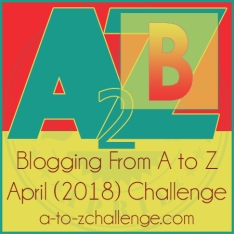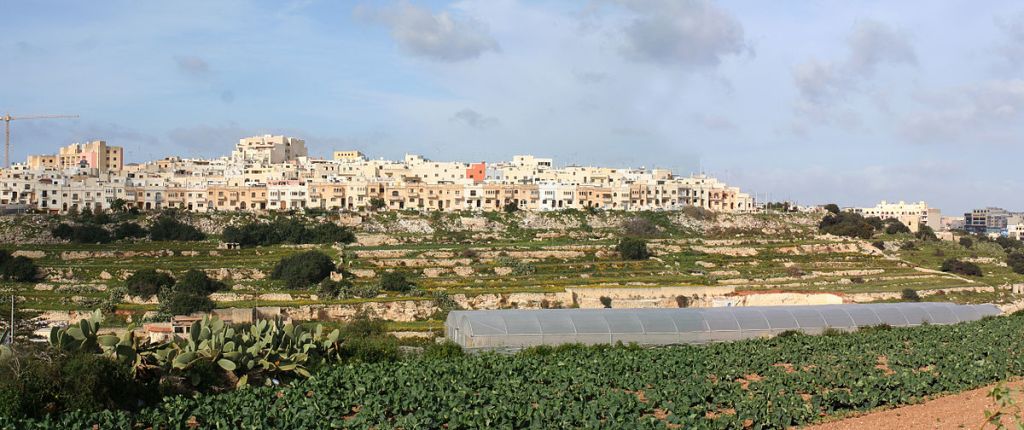
A STORY OF BENEVOLENCE IN BIRKIRKARA, MALTA
‘When the rain comes here it floods the valley. Often we had to leave our home and take with us what we could carry. I used to love the nights we had to spend camping on the hill before we could return home.’ Luċija rolled over on the lush grass and looked at Albert.
He sat looking out towards the coast. The port of Valetta was visible in the distance. To the north of that the buildings of Kalkara lined the clifftops. They could see the naval hospital where they had first met. Luċija had arranged to have a rare day off and at her suggestion they had walked to her home town of Birkirkara. It had taken them all morning. Albert’s limp had slowed them down. Eventually they had arrived at a hillside overlooking the valley and stopped to eat lunch.
‘What is your home like?’ Luċija asked.
Albert thought of the narrow, cobbled streets of Manchester, the damp, grey air and the industrial factories. ‘It is very far from here,’ he smiled looking down at Luċija’s tanned olive face and wide hazelnut eyes.
‘Will you ever tell me what happened to you?’ Luċija asked.
‘One day, perhaps,’ Albert said. He sat up again and looked back out to the crystal blue Mediterranean Sea. Luċija let him sit in silence. While she wanted to learn what had happened to him in Gallipoli, part of her feared the day he would open up and describe the horror to her. She had seen the bodies being carried off the ships arriving in the harbour.
***
Private Albert Beckett was among the soldiers of the Lancashire Fusiliers 1st Battalion who landed on the beach at Cape Helles on the Gallipoli archipelago on the 25th of April 1915. They were greeted by machine gun fire and shelling. The Lancashires overwhelmed the Ottoman defences but lost 600 out of 1000 men.
Albert, having just turned 18, tasted battle for the first time. Making it onto the beach, he watched as his friends and comrades died beside him. Bullets kicked up sand mixed with a red mist of blood. The sound of the surf crashing into the beach was drowned out by gunfire and exploding shells. The air tasted of cobalt and death.
By July, Albert was still on the same area of sand he had landed on four months earlier. An Ottoman sniper spotted him as he moved between trenches carrying a communication to the front line. One bullet entered his right lung, the other shattered his left thigh bone.
He survived the week long sailing to Malta, already christened The Nurse of the Mediterranean due to the amount of injured Allied troops hospitalised there. His lung was repaired and his shattered thigh pinned back together.
Luċija was older than Albert, nearing thirty. She had lived with her parents until the call went out for volunteers at the overcrowded hospitals that were struggling to cope with the daily arrival of troops. Luċija helped Albert to walk again. Gradually, they fell in love.
***
Now it was the start of 1916. Though they both refused to admit it, they knew that Albert would leave Malta soon. The Lancashires were still bunkered down on Cape Helles beach in Gallipoli. Albert would be declared fit enough to return to the front line.
‘I wish I could stay here forever,’ he said to Luċija, still staring at the sea in the distance.
‘There is a way to do that,’ Luċija offered. Albert had heard of the soldiers, old and young, who had deliberately injured themselves to avoid going back to the trenches.
He shook his head. ‘I have to face what awaits me,’ he sighed. ‘If it is not me, some other soul will go in my place.’
They kissed. Not passionately, but tenderly, gently. The sun dipped behind a cloud.
‘We should go back,’ Albert said, knowing his progress would be slow.
Luċija looked back at the town that was her home. Her parents still lived in the small house in Birkirkara that she had grown up in. She knew she would not be able to return there if the war ever ended.
Albert thought of Mary. He imagined her sitting in the small flat in Manchester she lived in with her parents. She had promised to wait for him. When he returned they would marry.
He had written to her from the hospital, assuring her that he was well and on the mend. He told her nothing of what he had seen on the battlefield. He told her nothing of the nurse who had saved him. If he should ever make it back to Mary, he knew he would never be able to tell her.
Two days later, Albert received news that the Lancashires were to be evacuated from Gallipoli and redeployed in France on the Western Front. Albert was to reunite with his battalion and join them for the journey.
Luċija watched the ship until it disappeared over the horizon on the calm Mediterranean Sea. They had promised to write to one another. She knew she would never hear from Albert again. She returned to the hospital and continued to nurse the Allied soldiers for the remainder of the war.
Albert Beckett died on the first day of the Fifth Battle of the Ypres. He never made it home to Mary. He was buried in a grave marked by an anonymous white cross.
Written as part of The A to Z Challenge 2018. Click HERE for more details of the challenge.
Each day in April we will visit a different town or city in the European Union, whose name will begin with the letter of the day – today it’s the village of Birkirkara in Malta – for a story based on a theme also corresponding to the same letter.
Over the course of the month and 26 stories, we will visit all 28 member countries to complete a farewell tour before Britain leaves the political union next year, touching on the history, politics, culture and people at the heart of Europe.
For a full list of stories and places visited, visit here: THE A TO Z CHALLENGE 2018.



Leave a comment